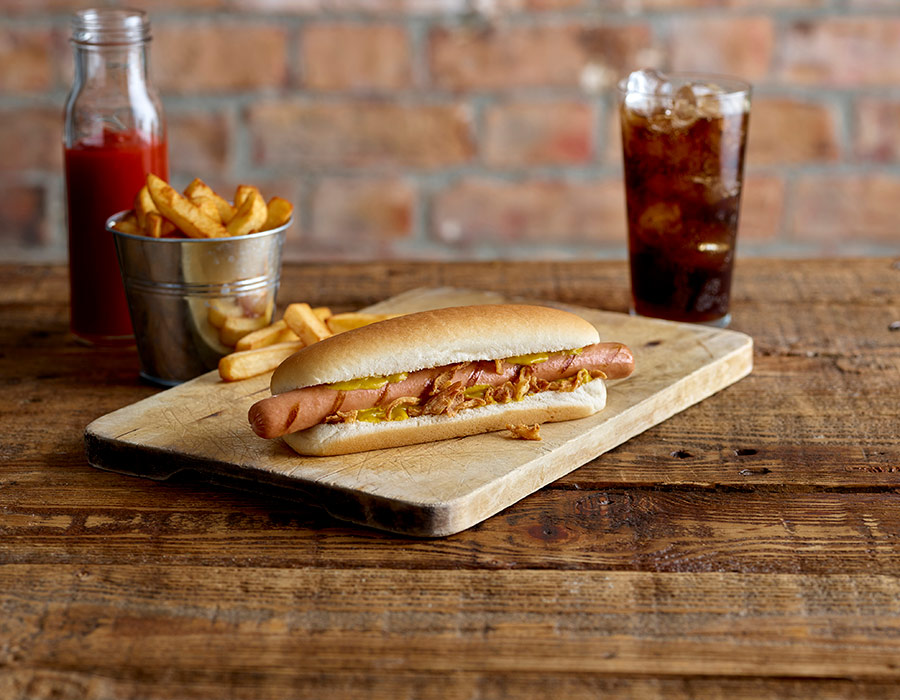COMMERCIAL MANAGER APPOINTMENT AIDES FOOD SECTOR EXPANSION FOR BRAND DEVELOPMENT SUPPORT SPECIALIST ACORN TRADE PARTNERS
Working with new and developing brands to reach a range of UK and Irish retail food service clients, Acorn Trade Partners (ATP) has appointed Anna Petti as their new Commercial Manager.
Working within the food industry for over twenty-five years, Anna brings with her a wealth of sector experience having worked with a range of organisations and aims to utilise her knowledge in project planning and implementation and drive ATP’s sales and marketing strategies.
ATP, a service division of total supply chain solutions provider Oakland International, source an extensive range of specialty fresh and frozen food products, which covers all key categories, from Europe, the UK and Ireland. They also provide innovative and technical resources to assist small food and drink producers develop using a unique and flexible range of retail service solutions which includes consulting, retail negotiation, invoicing and category development.
Said Anna: “I am delighted to have joined the business and my experience so far has been delightful. ATP wish to expand and develop their food sector presence and success to date, and there are a few interesting projects that I would love to be involved, but my immediate goal is the relaunch of their website and promoting their gelato range.
“I have worked in many different companies over my career, and I have to say that Oakland International shows the utmost care for its employees, clearly demonstrated when I was involved in volunteering in support of the free Food Box staff hampers to help during these very difficult times.
“Long term I will be working alongside ATP’s driving force Peter Turone, but currently I’m enjoying working across the many different departments within Oakland International.”
ATP works in long term customer partnerships, consulting in retail and wholesale category management. By managing the supply chain and producing focused marketing strategies with an eye on ROI (return on investment), which help set the stage for sustainable growth.
ATP’s MD Peter Turone added: “I am delighted to welcome Anna as part of our growing ATP team. Her sector knowledge and experience will support both our immediate and strategic long-term growth plans.”























